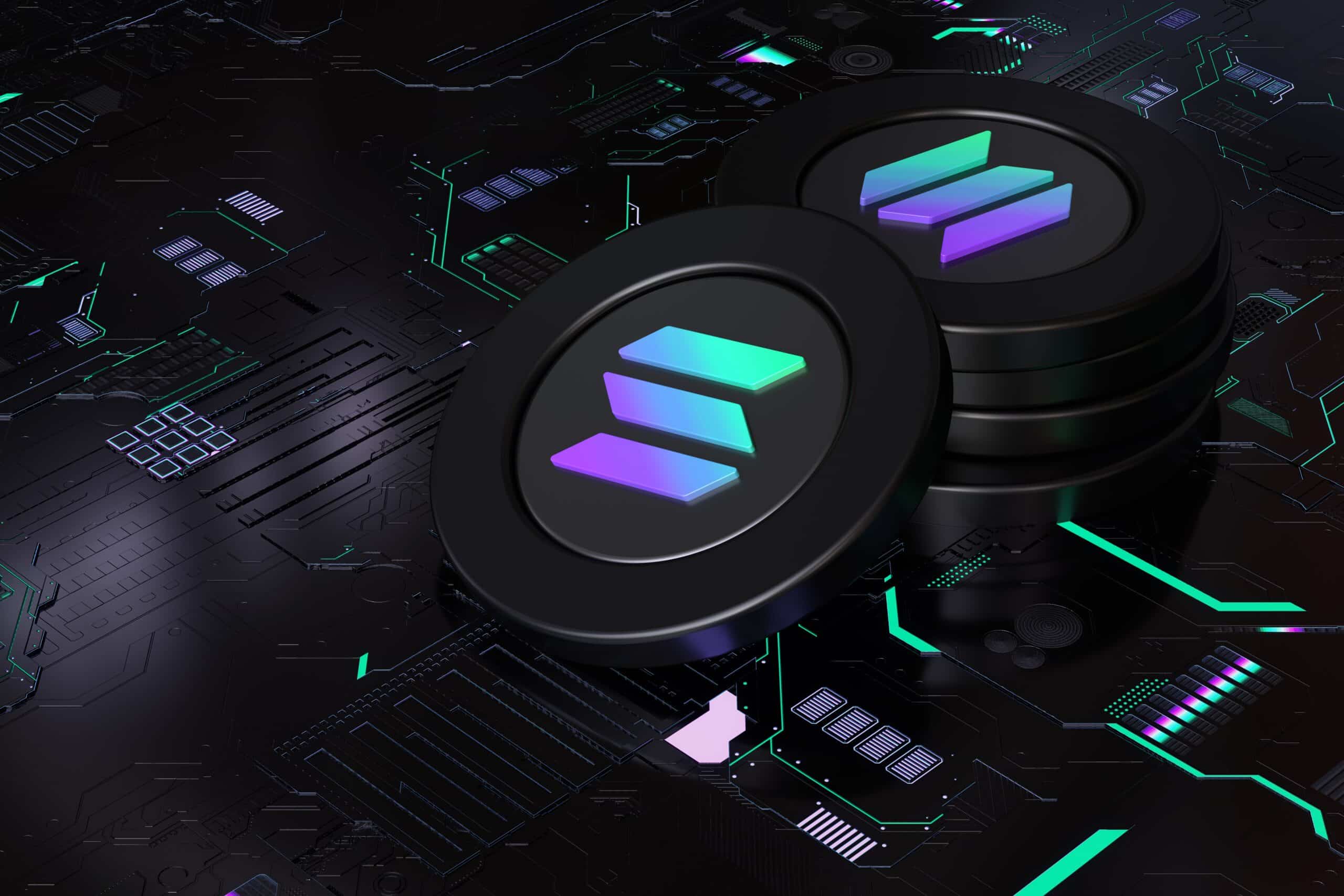The Solana community concluded a governance vote that ended in favor of allocating 100% of priority fees to validators, ending the previous system of burning 50%, which had supposedly created an imbalance between validator incentives and network security.
Around 77% of validators voted in favor of the Solana Improvement Document (SIMD)-0096 including Everstake, Bonk, and Solend. Among those that opposed the change were Step Finance, Solana Compass, and Triton.
Under the previous system, some validators had reportedly engaged in side deals with block producers to ensure their transaction would be processed sooner. The proposed change of paying the entire fee to validators is to dissuade them from this behaviour, and enhance overall network security and efficiency.
Some members of the community voiced concerns about the impact removing the burn mechanism would have on SOL’s tokenomics, potentially impacting how inflationary its supply would be in the long run.
“While our bags would significantly benefit from the increased fees, I am not comfortable with removing the burn mechanism,” wrote Hanko Baggins from Bandito Stake.
Proponents of the proposal argued that the changes would have no real material impact on inflation. Stakewiz’s Laine argued that “the burn argument doesn’t make sense, as burning [priority] fees is just a bonus, if [priority] fees are not burned or [priority] fees don’t exist at all makes no difference to emission.”
According to Laine’s estimates, the net change to inflation would be 4.6% increase in SOL issuance, which was essentially the same as before priority fees were introduced a year ago.
Solana Labs co-founder Anatoly Yakovenko also addressed some of these concerns on X, saying that under the current system, users end up paying double the priority fee in order to outbid tips that go to validators.
One of the biggest criticisms of the proposal was the fact that validators alone were allowed to vote on the outcome, with only 21 validators required for the majority vote to be reached.
“Many non validating users believe now that this proposal is validator collusion in itself and will be a gateway to more negative impacts for users,” said a user, named freedomfighter, on the governance forum.
The proposal may not be activated for months to come, despite the voting outcome. The feature required to bring this into effect is currently not supported in the current mainnet beta and upcoming mainnet beta software.



